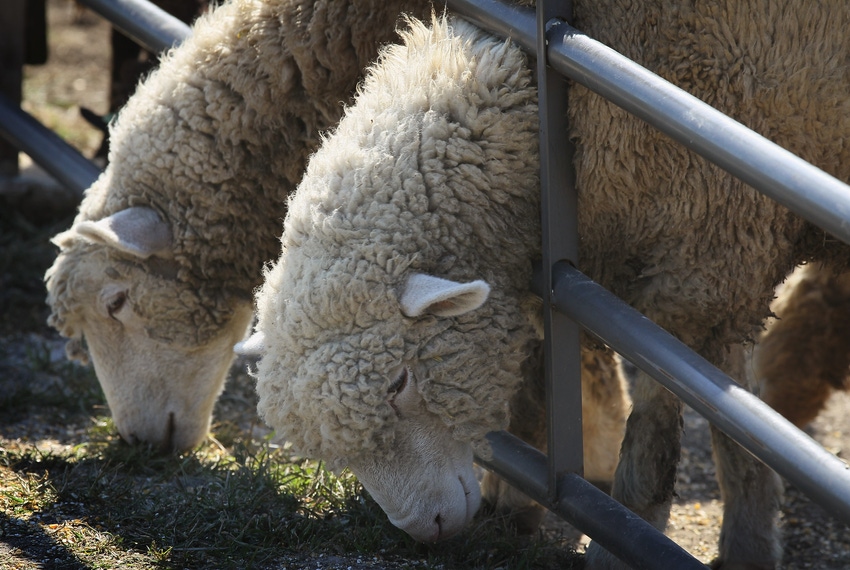Wool insulation aids indoor air quality
Project shows that eco-materials such as enhanced sheep’s wool insulation can be an environmentally sensitive solution to improve indoor air quality.
September 1, 2017

Air pollution has been in the news a lot recently, and indoor air is, on average, two to five times more polluted than outdoor air, according to Greenovate! Europe, an independent expert group based in Belgium.
One solution could come in the form of eco-building materials that utilize natural substances known to have a positive effect on indoor air quality, Greenovate! Europe said.
Take sheep’s wool: Research has shown its capacity to absorb certain harmful gases such as volatile organic compounds (VOCs) — irritant chemicals from new furniture, air fresheners and household cleaning products that have been linked to headaches, eye and skin irritation and respiratory problems.
Sheep’s wool is already sold as a high-quality, eco-friendly insulation material by companies like Black Mountain Insulation (BMI), a U.K.-based manufacturer of natural insulation products. In order to learn more about the VOC absorption properties of wool, BMI teamed up with BioComposites Centre researchers at Bangor University in Wales in the framework of the European Union-funded ECO-SEE project.
The partners aimed to find ways to increase the wool’s VOC capture capabilities, with a view to developing a new and novel product prototype.
Increasing performance by 100%
The team in Bangor analyzed different wool samples and found that the amount and type of VOCs absorbed by the wool were dependent on the sheep breed and how the wool was processed. They then tested a range of possible wool modifications and treatments, including mechanical, chemical, additive and energetic/irradiation methods.
According to Dr. Graham Ormondroyd from Bangor University, the results were very positive. “We found a lot of potential in chemical modifications and additives. Our research showed that the addition of certain natural polymers can increase the ability of sheep’s wool to absorb VOCs by more than 100%.”
Based on the research conducted in Bangor, a prototype sheep’s wool insulation was developed using the most promising treatment. BMI chairman Gordon Pirret said, “We already knew that sheep’s wool is a high-performing insulation material with some fantastic characteristics, but the work carried out in ECO-SEE has now demonstrated the accompanying health benefits. What we have learned will be invaluable in order to communicate this to potential customers and opens up new avenues for product development.”
Health, energy efficiency
The prototype product subsequently has been demonstrated at full scale at the ECO-SEE test sites in the U.K. and Spain. These demonstrations showed the potential benefits of using different eco-materials together. The insulation was incorporated into a novel wall panel system, together with other ECO-SEE innovations (low-VOC panels and hygrothermal coatings).
The results were impressive in terms of energy efficiency, the announcement said. Compared to the reference walls using standard insulation and finishing materials, the panels achieved:
* A 50% improvement in energy performance;
* A 20% reduction in embodied energy, and
* A 20% improvement in material performance.
You May Also Like



